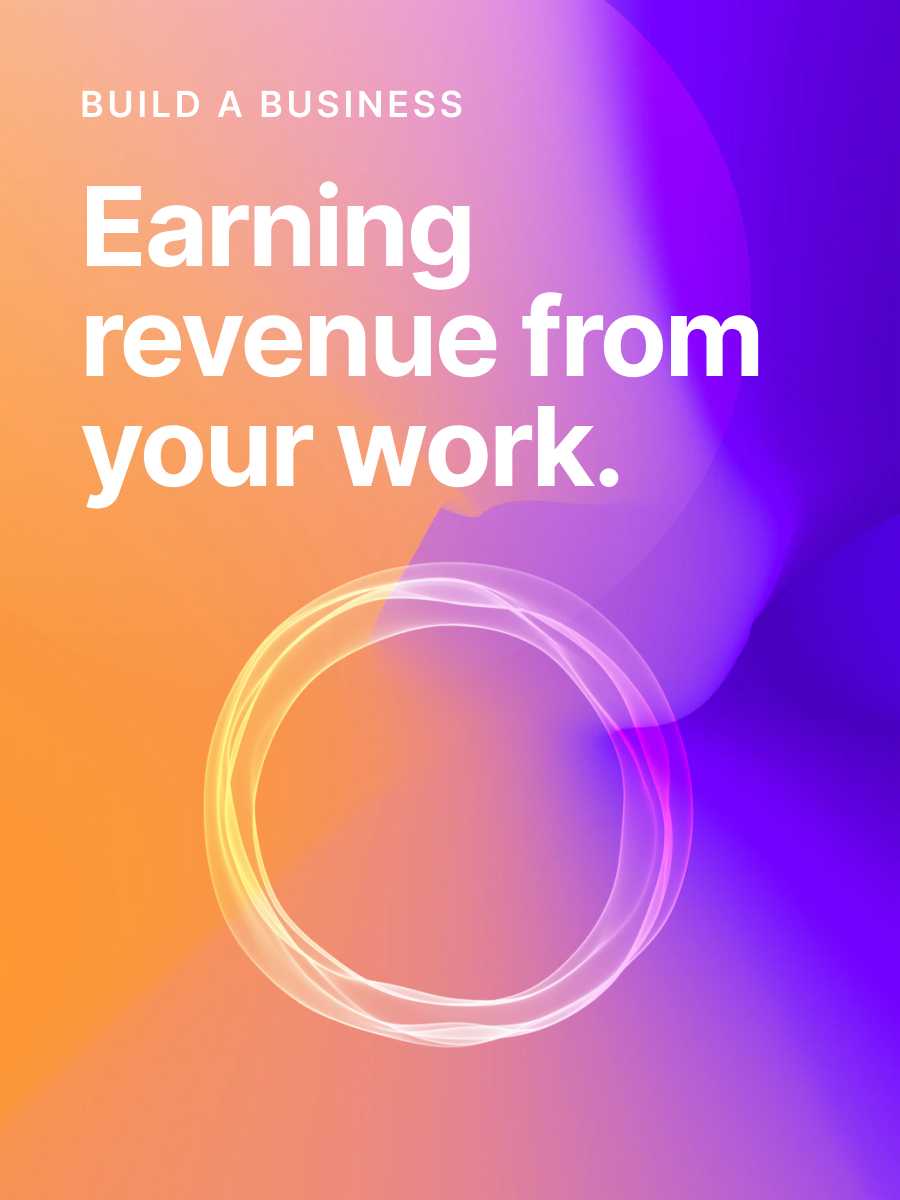⏳ Taking your time
Does anyone have the time anymore? The world is moving faster than ever, and there's barely a moment to make dinner, let alone run a blogging business. Your natural instinct is to speed up so you can get there faster, but the real trick? Slowing down. This week's newsletter is about the time it takes to build a successful publication, how long before you become a writing expert, and what's required to manage the social media spectrum. Let's go!
In this week's issue 📨
- Reaching blogging success
- Become a great writer
- Social media management timeline
Was this email forwarded to you? Subscribe here!
Closer than you think

The desire to start your own publication can be an intimidating feeling. We've all read the success stories of beginner bloggers who attract a huge, loyal audience overnight and start to make a strong living from their creations, but is this the case for most? Realistically, becoming a publishing powerhouse is a big journey, and everyone's path is unique. There are no rules, just flexible guidelines.
Let's analyze why building a successful online business takes time and how to know if you're on the right track.
How long can it take?
- We're going to be real: building a thriving publication can take anywhere from 2 to 4 years. This may seem dramatic, but tangible success takes time, and there isn't a magic wand or secret trick to quickly capture all that you need to accomplish for your business to last a lifetime.
- Ideally, you should have enough content and a sizeable audience to begin experimenting with different monetization methods around the 2-year mark. For full-time content creators, plan to publish consistently for 3-4 years before being able to comfortably make a living.
How often should you create?
- Most creators publish at least one new piece of content a week. This all depends on your niche and how quickly you want to accelerate growth. You're welcome to increase your output, just be sure that your quantity doesn't diminish your quality. More doesn't always mean better.
- To make the leap less scary, use your first pieces of content as practice. This puts way less pressure on your publishing process when you're starting out. Publishing weekly for 2 years equals about 100 pieces of content, so take this time to hone your craft. "Take chances, make mistakes, and get messy!"
What are the odds?
- Only a small percentage of creators stay in the game long enough to win, so if you're persistent, your odds of success are high. Just like everything else you care about in life, you have to show up consistently if you want a positive outcome. Love what you're doing, and it'll love you right back.
- You can increase your long-term odds by taking time to explore different niches, focusing on audience building before setting your sights on profit, and sticking to a consistent schedule. As long as you keep reminding yourself that your content will improve over time, you'll have the drive to keep at it.
What's the reality?
- There's no timespan you can commit to that will guarantee success, but throughout your journey, you'll notice glimmers of accomplishment that will keep you motivated. Each small win is another step towards your biggest goals, and if you're having a good time, it won't feel like work at all.
- If your publishing process does start to feel draining rather than empowering, take a step back and ask yourself why you're doing what you're doing. Refine your growth strategy and ask your followers for feedback. Be honest with yourself, and your content will be honest with you.
Interesting stories & ideas 📚
- What every creator must ask themselves – Ann Handley
- How we've grown and what's next – 404 Media
- Reasons to build – Jodie Cook
- Is it still worth launching a newsletter? – Inbox Collective
- What to accomplish after burnout – The Creative Independent
10,000 hours per mile

Writing takes time, but how long does it take to be a good writer? Some experts believe that you need to invest at least 10,000 hours into something to be great at it, but is this really true? Swedish psychology professor Anders Ericsson, author of Peak: Secrets from the New Science of Expertise, believes time is different for everyone, and what matters is how you use it to your advantage.
The team at Publication Coach illustrates what it takes to be a good writer and why time is relative.
#1 The 10,000-hour rule simply represents "a lot of time". To be a talented writer, you may need much more, or you may need much less. 10,000 hours equals writing 3 hours a day for a total of 10 years, which doesn't have to be your reality.
#2 Talent isn't enough to be an expert at something. Just because you're naturally good at writing doesn't mean you're naturally good at everything else that comes with it - editing, publishing, connecting with an audience, etc.
#3 Seek out a mentor who can help identify what you need to become a better writer. All great athletes have personal trainers, and working out your writing muscles is no different. Editors help you edit, mentors help you grow.
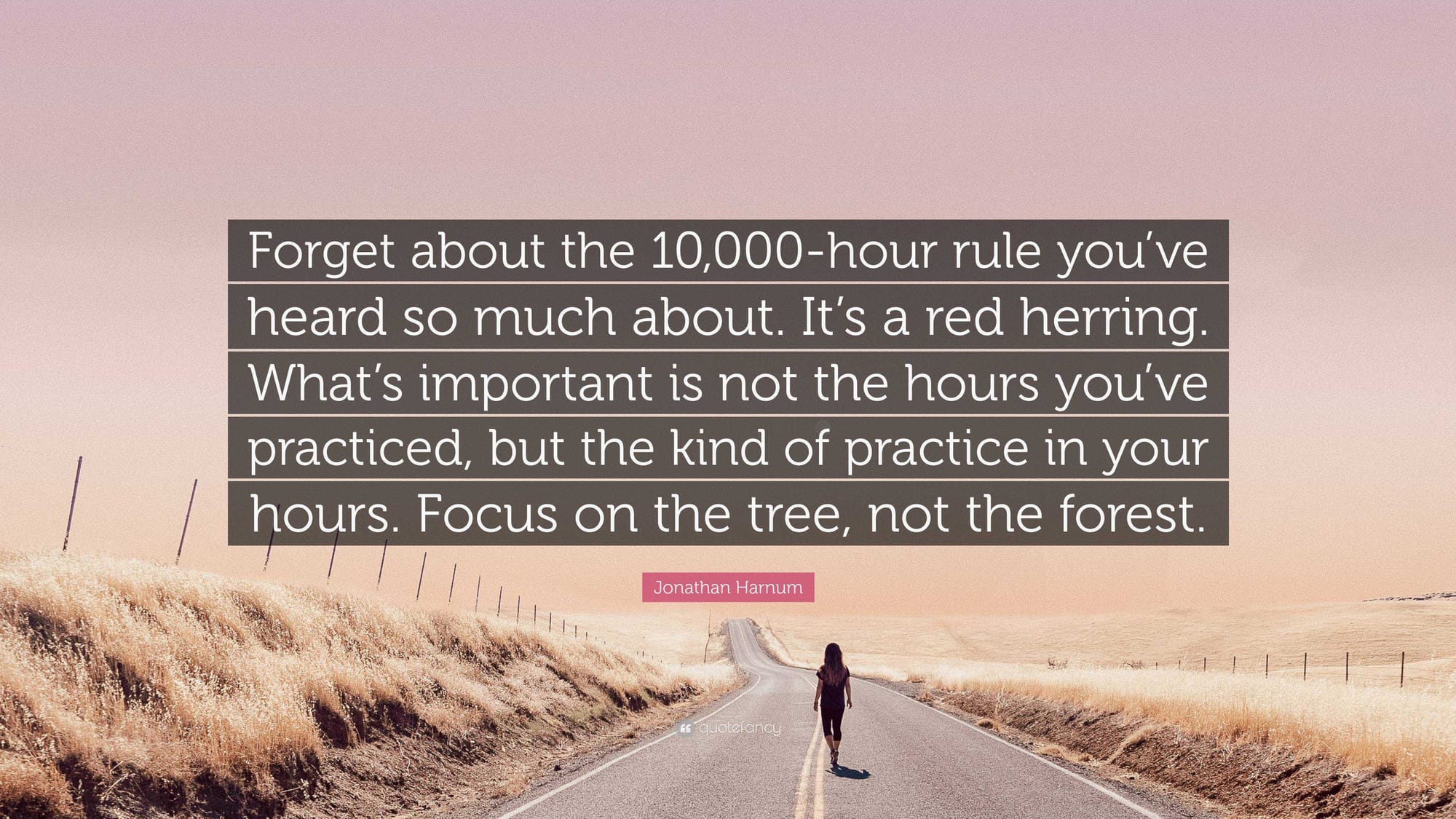
#4 Focus on what you're bad at rather than what comes easily. It can feel comforting and less stressful to stick to what you're naturally good at, but honing your difficult writing skills is when real development happens.
#5 Fix your mistakes yourself so you're actually doing the work. If you let your editor polish all of your content for you, you may see your errors, but are you actually learning from them? Doing is always better than only knowing.
#6 Be mindful of potential burnout so you can sustain your hard work for a long time. Improvement takes a lot of energy, and you don't always have to be at 100%. Set healthy writing limits and be kind to yourself.
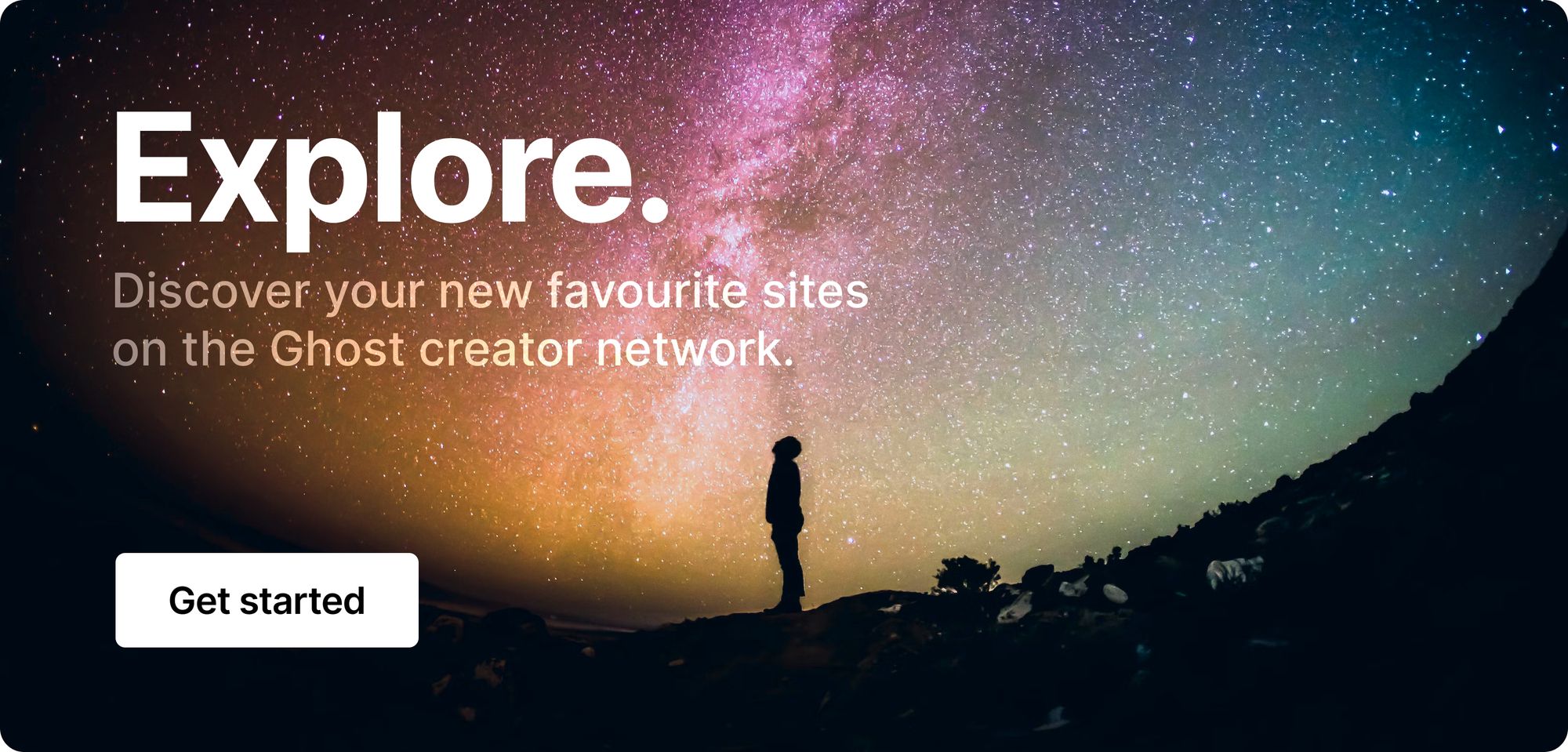
Social medium

In the digital era of 2025, social media is a major part of any successful online business. Platforms like Instagram, Reddit, and TikTok allow brands to engage with their followers, network with other creators, and advertise their work for free. So, how much time should you actually be investing in social media? The answer you may not want to hear: as much as you can give it without exhaustion.
Marie Melgaard, marketing expert and writer for Aventi Group, breaks down what it takes to manage social media.
‣ Social media can take up all of your precious time if you let it, so a more realistic approach is spending around 5 hours a week towards only a few of your preferred platforms. If you can do more, do it! Just remember that focusing on creating quality content should always come first.
‣ Once you've created your own content calendar, checking it daily should only take a few minutes. Use this time to review your posts for any typos, visual errors, or scheduling conflicts. Ensuring all your edits are done before your post goes live on social media is crucial, considering many don't allow editing after the fact.
‣ Scheduling your posts to go live can take about 15-20 minutes if you're hitting all the right marks, like checking your content sources, writing your post copies, and finding the right visuals. This can take longer than you think if you have an eye for excellence, but the more you post, the faster you'll progress.
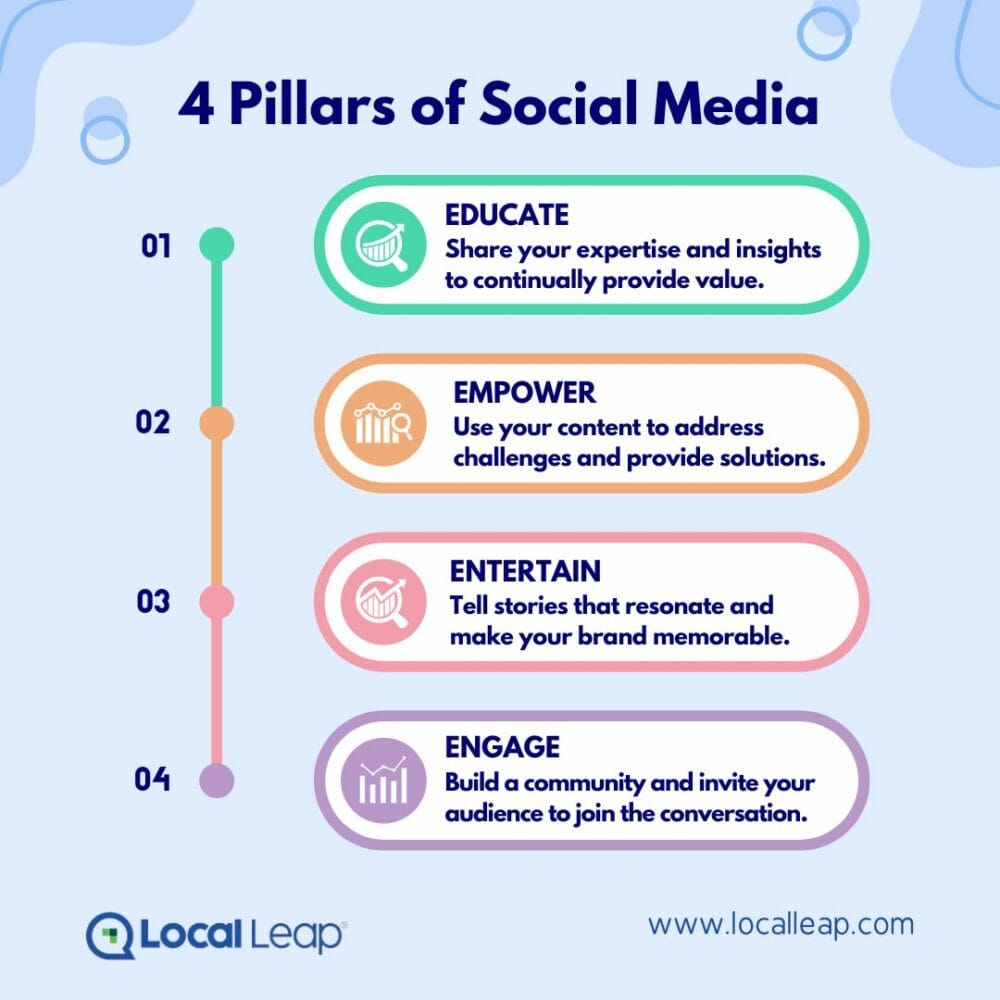
‣ Once you've put your content out on social media, it's time to monitor the results and engage with your audience. Invest 30 minutes a day checking your hashtags, peaking at your competitors, and responding to relevant comments. You can also use this time to retweet posts from other publications to help cultivate community.
‣ After you've engaged with your followers, take what you've found and learn from it. Spend about 5 minutes analyzing any feedback or spotting new trends so you can apply that knowledge to your next pieces of content. There's no point in audience engagement if you're not using it to grow for the better.
‣ Gather what you've analyzed and take another 5 minutes to summarize it into a nice, clean report so you can share it with others. Tracking social media metrics, like reach, impressions, follower count, shares, likes, and clicks, can help you determine what's working and what's not.
Curator's pick ✍️
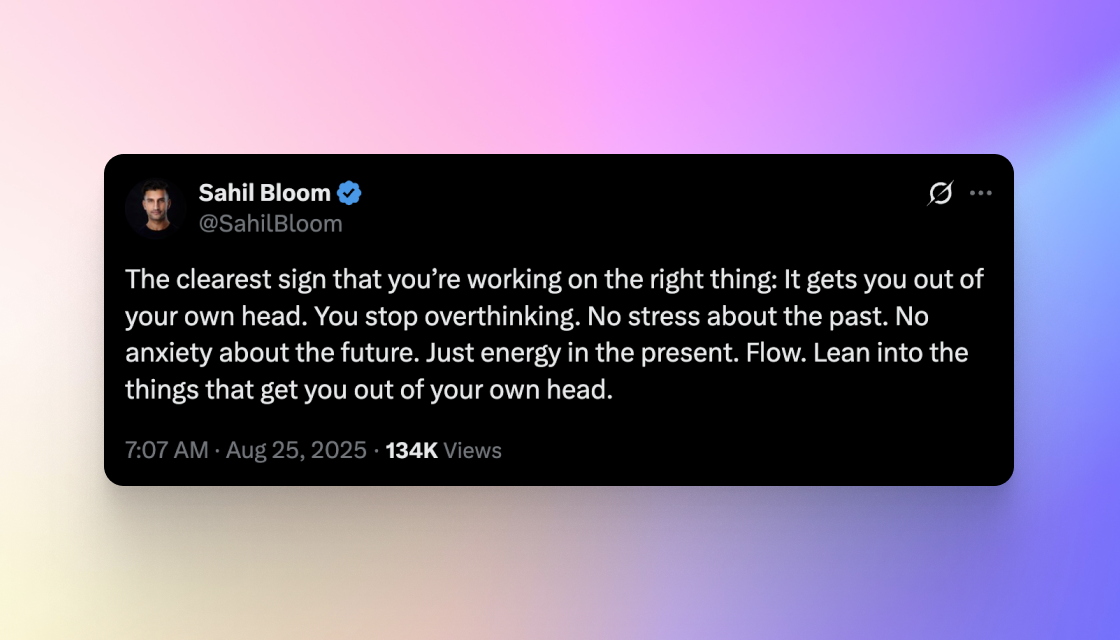
Enjoy this newsletter? Forward to a friend or hit reply to share your thoughts. We don't bite! 👻
Want more how-tos? Search our library of tutorials and subscribe to our monthly "Build with Ghost" newsletter.
Join our Ghost Creator Community! Connect with like-minded people who create content professionally — apply here.






